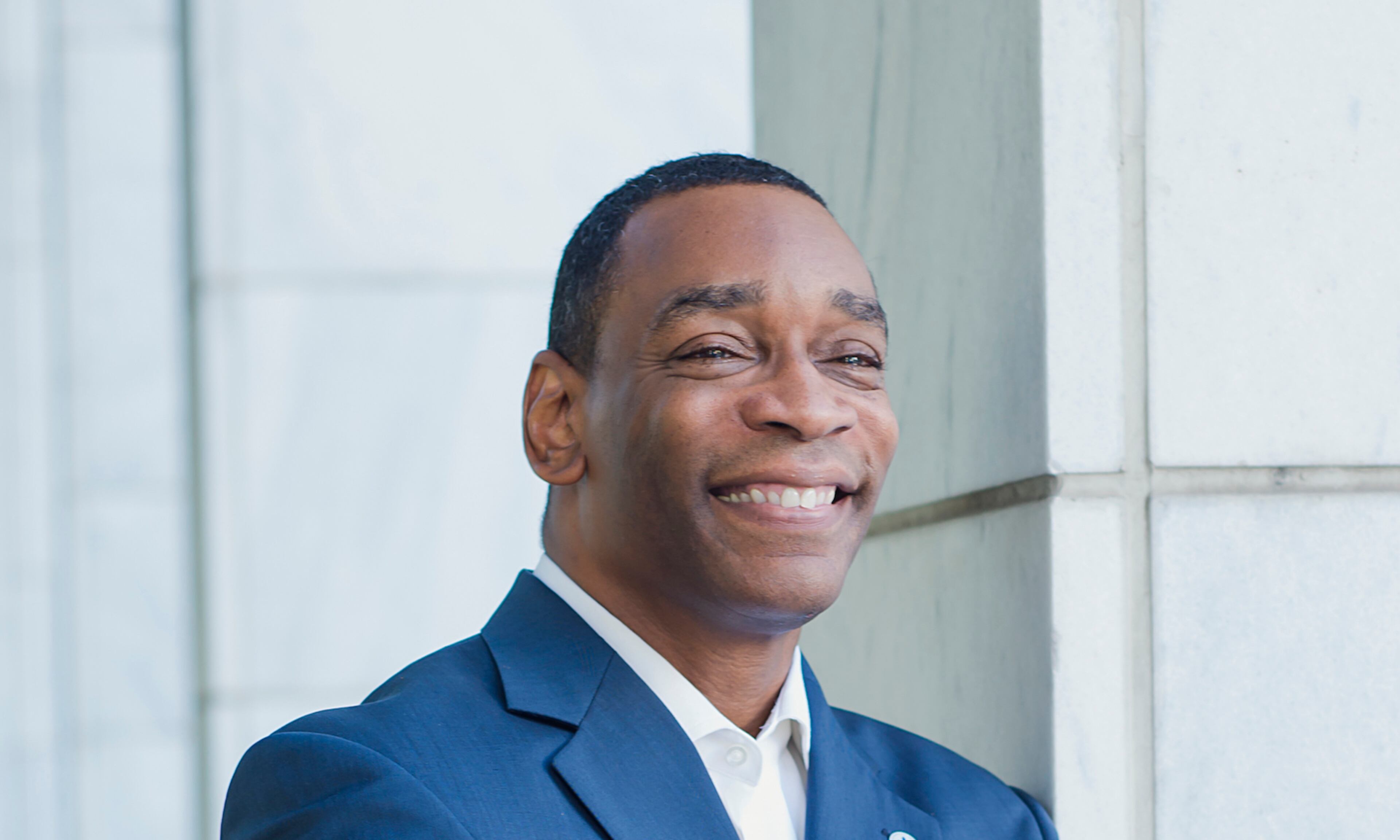Opinion: There’s much to be grateful for, but we can do much more

When I was child, my father worked for the phone company in New York. Once, there was a series of strikes that lasted a year-and-a-half, during which time my father had no income. Like so many families during that time, we struggled.
One day a food basket appeared on my dining room table and I later found out that it was because of United Way. I was grateful at the time, as I am grateful now seeing how the nonprofits in our community stepped up and stepped in during the pandemic. If it weren’t for them and for our own dedicated team at United Way of Greater Atlanta, the toll on children, families and communities would have been substantially greater.
This holiday season, I am thankful for the many donors – individuals, corporations, foundations and others – who made it possible for United Way to invest almost $44 million in supporting the improvement of child well-being across our region over the past year — representing many meals for hungry families, but also job training, educational opportunities, increased access to quality childcare and healthcare, and other vital programs to make Greater Atlanta a more equitable and thriving region.

I am grateful for the hundreds of donors who united to raise over $28 million for the COVID-19 Response and Recovery Fund – formed in partnership with the Community Foundation for Greater Atlanta – and for our 481 nonprofit partners who quickly got those funds to people in urgent need of food, housing, childcare and more. I am gratified that, in partnership with the city of Atlanta, we were able to keep over 8,000 individuals, children and families housed and safe from eviction.
It is my hope that all of this support made for many more happy Thanksgivings across greater Atlanta.
While recovery is underway in many parts of the community, and federal funds have provided temporary emergency assistance to thousands of families and individuals, many others were left further behind or more severely affected by the pandemic. A disproportionate number of these people are Black and brown people, and particularly women - a fact that impacts the well-being of our entire community. The 2021 Atlanta Regional Commission Metro Atlanta Speaks survey showed that two of three respondents believe that high levels of income inequality have a negative impact on the economy; and more than three in four say that ensuring racial equity is essential to maximizing economic growth in our region. Prominent economists have shared data supporting those beliefs. Equitable recovery is the path to improving well-being and prosperity for everyone in the community.
United Way and our nonprofit partners have identified six areas requiring our community’s urgent attention. Unaddressed, these areas of need will hold us back from achieving truly equitable recovery from the pandemic and arresting the disparities that predated it. But if we unite to tackle these challenges, we can power greater Atlanta’s potential to be the thriving, equitable region we know it can be.
- Children living in families that lacked the technology and support to keep up with their schoolwork need summer learning opportunities and emotional support to address the extreme stresses of disconnection during the pandemic.
- Young adults whose paths to employment were interrupted by the pandemic need new connections to job networks, reopening the pathway to financial stability.
- Families who lost their homes and are living in limbo in motels need access to permanent housing to stabilize their lives and livelihoods.
- Families and individuals who lost income during the pandemic and incurred oppressive financial and medical debts need relief from those debts to get back on track.
- Children, youth and adults whose mental health was damaged by the pandemic need accessible mental health services restoring their ability to thrive in school, careers and in the community.
- Nonprofits called upon to step up to unprecedented levels of demand now need the training and resources to continue to meet more complex and high levels of demand in the future.
Alongside strong partners and the generous support of donors, we are confident that together we can make 2022 a year of equitable recovery. We have a unique opportunity, post-pandemic, to launch targeted interventions to permanently solve for the persistent inequities that our region has long suffered.
We are grateful for what our community has accomplished so far -- but we know that, united, we can continue to do so much more.
Milton J. Little Jr. is president and CEO of United Way of Greater Atlanta.


